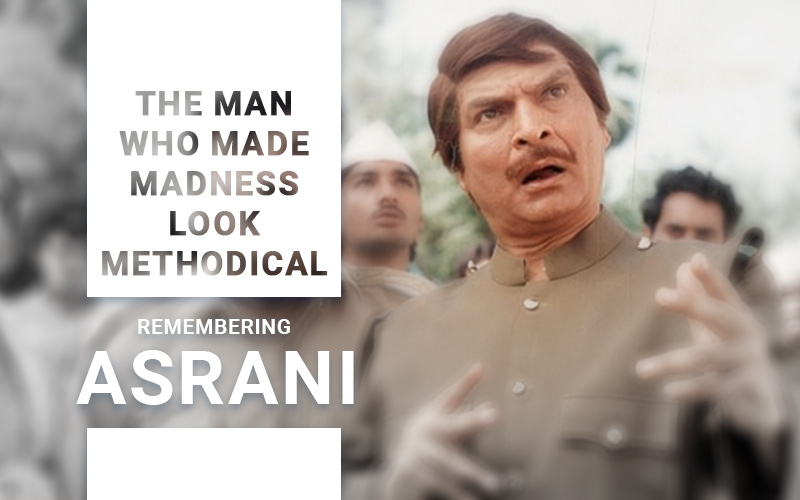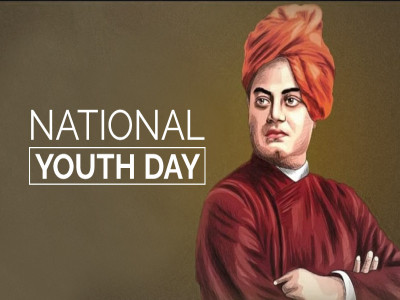
The Man Who Made Madness Look Methodical: Remembering Asrani
I was barely old enough to understand what a “superhit” meant when I first heard that manic laugh echoing through our living room TV: “Hum angrezon ke zamaane ke jailor hain!” It was absurd, theatrical, and somehow, deeply brilliant. That’s when Asrani first entered my cinematic memory, not as a sidekick or comic relief, but as a man who "owned his madness."
Now that the veteran actor Govardhan Asrani has passed away at 84, it feels like the end of an era. It was a time when comedy didn’t depend on punchlines but on faces, pauses, and timing so razor-sharp it could slice through the thickest drama.
Asrani wasn’t just a funny man in front of the camera. He trained at the Film and Television Institute of India (FTII) in Pune, the same place that produced Shabana Azmi, Naseeruddin Shah, and Om Puri. He was, in many ways, an actor’s actor who just happened to make us laugh.
And let’s talk numbers. Over 350 films across Hindi, Gujarati, and Rajasthani cinema. That’s not a filmography; that’s an era. He worked with everyone from Rajesh Khanna and Amitabh Bachchan to Govinda and Salman Khan. In fact, few people know this: Asrani was one of the few actors who shared screen space with three generations of the Kapoor family — Raj, Rishi, and Ranbir.
But here’s my favourite Asrani trivia nugget: in 1974 alone, he had 25 releases. Twenty-five. That’s more than what many actors manage in a lifetime. He was quite literally everywhere; sometimes as the bumbling friend, sometimes the flustered inspector, sometimes a shopkeeper with a moral monologue.
Yet, beneath the laughter, there was always a craft. Watch his quieter performances in Aaj Ki Taaza Khabar or Chhoti Si Baat and you’ll notice a subtle melancholy, like the clown who knows that once the curtain falls, silence returns faster than applause.
To me, Asrani symbolised something that’s missing in today’s cinema. The ability to make fun without being mean, to be hilarious without humiliation. His brand of comedy came from a place of innocence, not irony.
Now, as tributes pour in, I keep thinking about that line from Sholay, his voice echoing through the jail bars of film history. Maybe, just maybe, we’re all still his prisoners, of laughter, of nostalgia, of an age when even madness was an art form.
Disclaimer: The opinions expressed in this article are those of the author's. They do not purport to reflect the opinions or views of The Critical Script or its editor.

Newsletter!!!
Subscribe to our weekly Newsletter and stay tuned.

















Related Comments